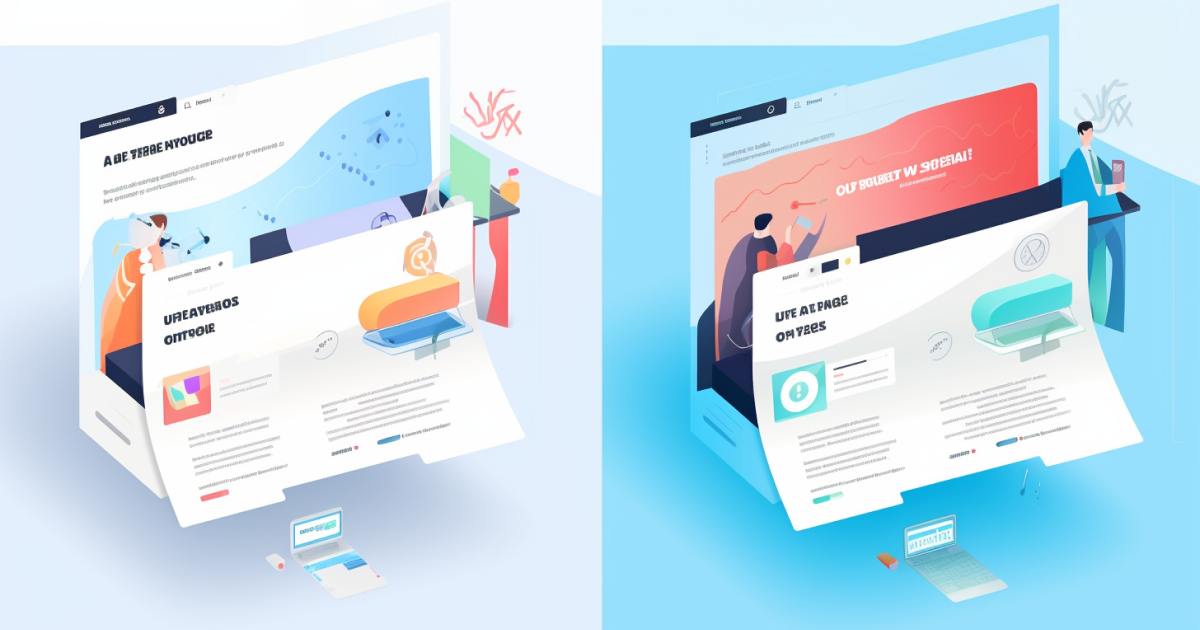

This piece is part of our Web3 Growth Playbook series. You can download the full report here.
Zoom out. What we see as decentralisation is the continuation of the technology project of the twentieth century, automation. This transition started with mechanical, to electrical, and now to organisational.
Web3 is the continuation of a long term trend: the digitisation of everything. The framework for society is gradually being automated, first abstracted through business processes, and now encoded in software.
Communication technologies have increased information density and connections in human networks. The internet from its inception was designed as a decentralised system. With these shifts, the principal benefits of the internet have been driven by disintermediation + decentralisation
For instance, consider the first wave of internet driven process automation, removing these “intermediaries”. Rather than the economy being served by an international network of information aggregators in the form of small businesses of various kinds, instead we now have global marketplaces that connect producers and consumers of hotel rooms.
The principal benefits of the internet have been driven by disintermediation + decentralisation
The disruptors have become incumbents
We are coming to the realisation that global marketplaces carry externalities, and that we have shifted from a network of many intermediaries, to a few huge ones, with commensurate market power to charge economic rents. In a sense the web2 platforms that were lauded in the “Read/Write” web era were only proponents of a partial disintermediation. Booking.com eradicated the high street travel agent, and replaced them with a single, global monolithic digital agent. Perhaps regulation will attempt to moderate some of this power. But there is an alternative, driven by the inexorable march of technology.
Similarly, the financial innovation presented by decentralised finance has identified banks as agents of another kind, which is now ripe for value-based disintermediation.
But what if this is not the end? What if we have a big assumption of what an intermediary is? We see technology as something that happens on computers, but organisations, and the way we structure society is also a technology. As the unit of organisation in the economy, the limited liability company feels universal and perpetual, but is a relatively new innovation.
The internet was intended to be a distributed system

Let’s reframe what technology is
When we think about the impact of technology, our focus is often on automation. Automation of jobs is the assumption for the “big impact” coming at us. But what if automation changes the fabric of society? This is our thesis for the natural progression of decentralisation and disintermediation on economy, and by extension, society and culture.
When you consider from first principles what our system for organising human activity is, there are a number of “layers" that make up that framework.

Within this, since around the 1700s, the company has been the organising force for resource allocation in the world. It is our last major resource organisation technology innovation, and it was designed to manage trust. A company can trust the activity that occurs inside it more easily, so transaction costs are lower. Externally the company manages trust with third parties via contracts and agreements. This is the “transaction cost theory of the firm”. The principal reason for its growth is because it is hard to know who to trust. Professor Jason Potts has written compellingly of this in his Cost of Trust paper, and with a very accessible panel at CV Labs in 2019 (see me trying to get a word in edgeways on the right hand side of the screen!).

When we talk of web3, we don’t just mean new cultural artefacts, we also refer to the progression towards distributed + decentralised systems providing the automation of that trust.
Where next?
But what is the purpose of an economy? To maximise the utility for people given the constraints imposed by the universe? To most efficiently employ resources available for the benefit of humankind?
Many features of what companies do will increasingly be delivered by the underlying economic infrastructure. Broadly speaking economies are made up of individuals, companies, and an underlying legal substrate that coordinates activity. What we see at the moment are the elemental building blocks of this future organisational structure that will play out in the coming decades.
We see this with what has been prototypically described as a “DAO” – decentralised autonomous organisation - though the governance structures and decision making tools being created from existing projects form only a part of a bigger transition across the whole economy from corporations to software, from larger organisations to smaller, from closed to open, and from opaque to transparent.

From technological to an organisational paradigm shift
When new technologies arise, they often appear as fripperies. People on the fringes, and those rapidly innovating experiment, often not in the ways that will ultimately be most productive. It’s also normal for big changes to happen over big time periods.
The internet was designed to be a distributed system, and its fundamental nature is to enable disintermediation and decentralisation.
We saw this in the 1990s usenet created many of the models and concepts that became the social media boom of the 2010s. Ten years ago cryptocurrencies were “magic internet money”, today a wave of financial services innovation is being driven by these concepts. Next we will see this with the automation of trust, value exchange and a gradual, then sudden reshaping of how the economy, society and culture is organised.
Monthly Bulletin
Sign up for product, growth and GTM development tips for innovators















.png)

















.png)






























